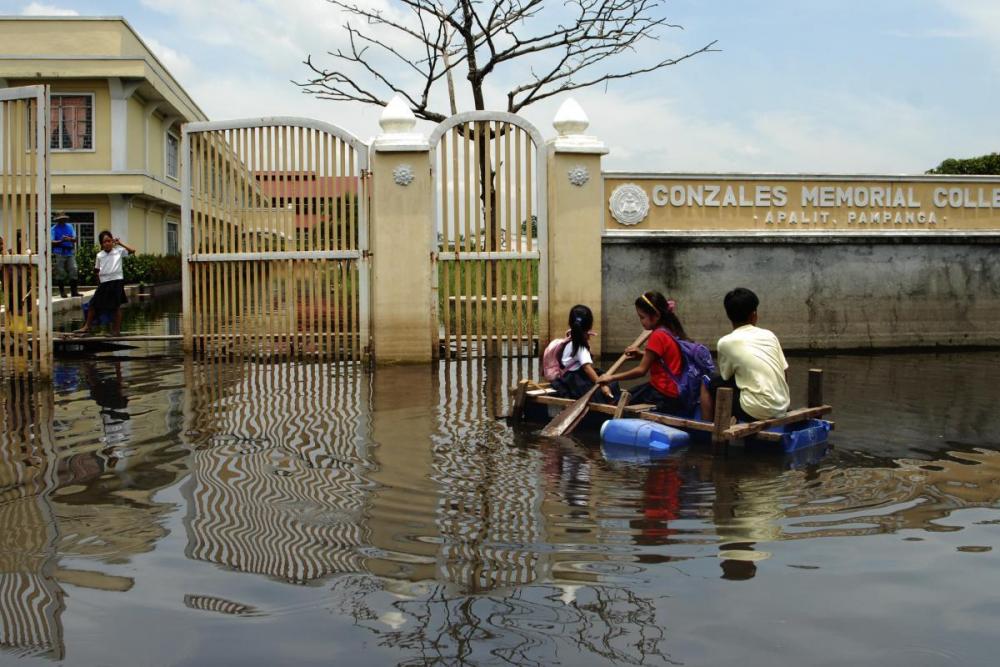Overview
The Adaptation Fund was established to finance concrete adaptation projects and programmes in developing countries that are parties to the Kyoto Protocol and are particularly vulnerable to the adverse effects of climate change. Since 2010, the Adaptation Fund has committed more than US$ 1.2 billion for climate change adaptation and resilience projects and programmes, including more than 176 concrete, localized projects in the most vulnerable communities of developing countries around the world with 45 million total beneficiaries. It also pioneered Direct Access, empowering countries to access funding and develop projects directly through accredited national implementing entities.
Please see our activities at a glance in our infographic.
Governance and Administration
The Adaptation Fund is supervised and managed by the Adaptation Fund Board (AFB). The Board is composed of 16 members and 16 alternates and holds periodic meetings throughout the year.
The Adaptation Fund Board Secretariat provides research, advisory, administrative, and an array of other services to the Board.
The World Bank serves as trustee of the Adaptation Fund on an interim basis.
Resources
Under the Clean Development Mechanism (CDM), emission-reduction projects in developing countries can earn certified emission reduction (CER) credits. These credits can be traded and sold by industrialized countries to meet a part of their emission reduction targets under the Kyoto Protocol. Financing for the Adaptation Fund comes mainly from sales of certified emission reductions. The share of proceeds amounts to 2 percent of the value of CERs issued each year for CDM projects.
The fund also receives contributions from governments, the private sector, and individuals.
Legal Capacity of the Adaptation Fund Board
The Adaptation Fund Board has had legal capacity in the Federal Republic of Germany since 1 February 2011. Please see Act to establish the legal capacity of the Adaptation Fund Board in Germany (66.3 KB, PDF).



